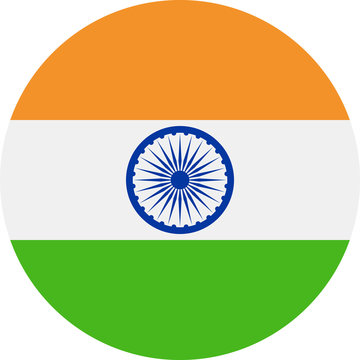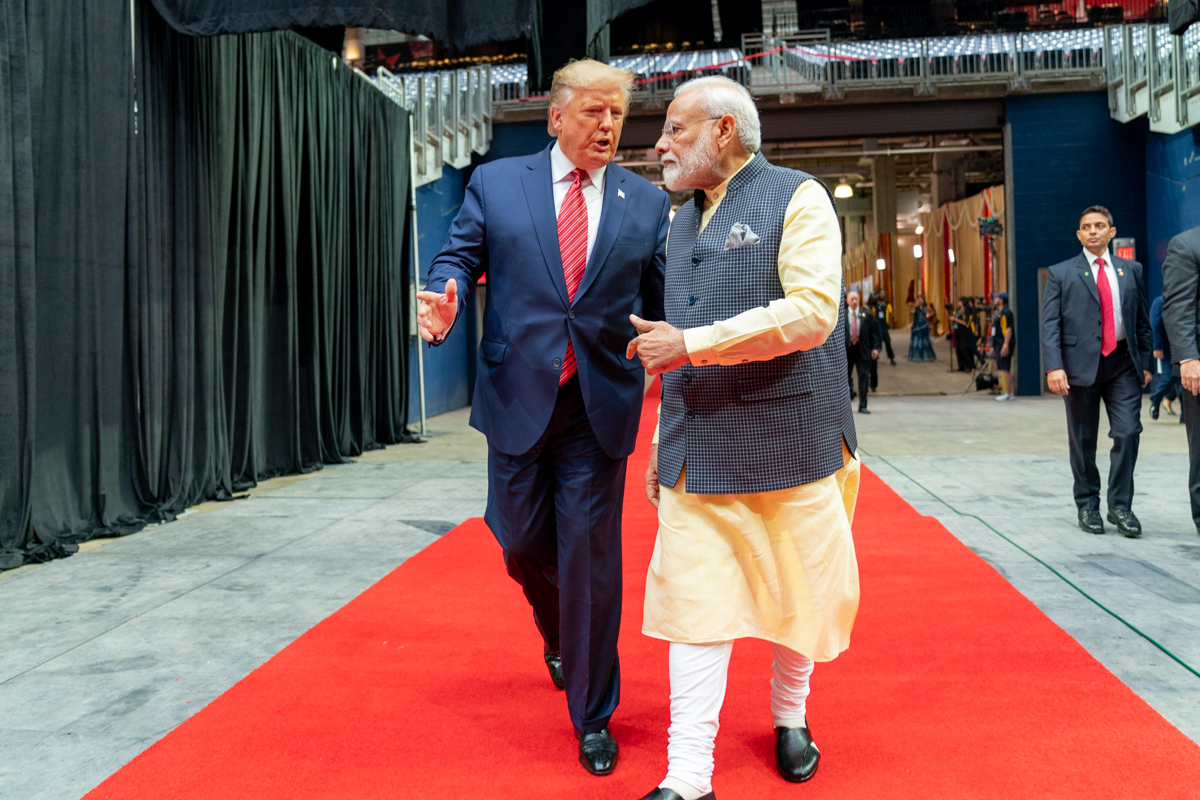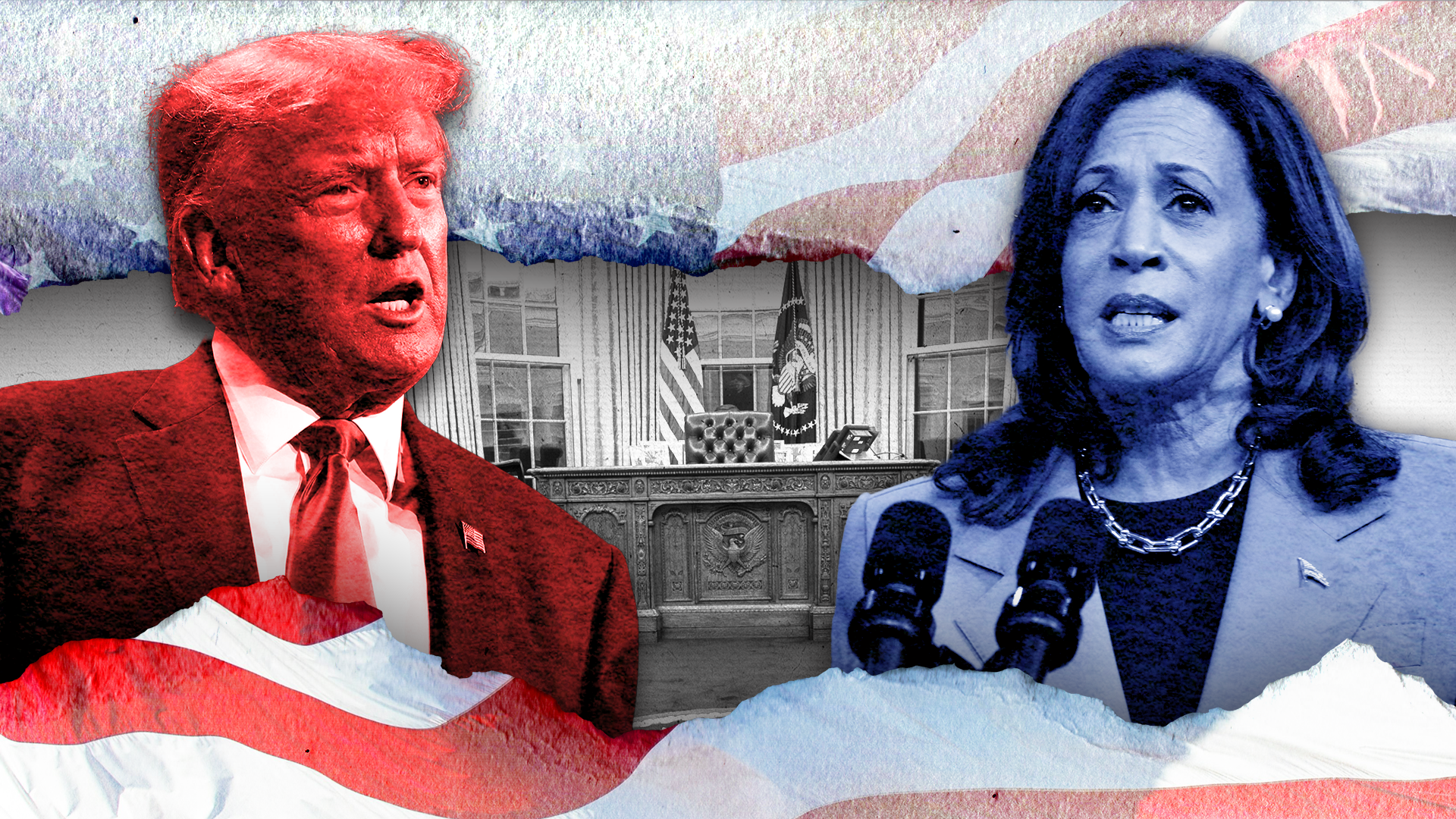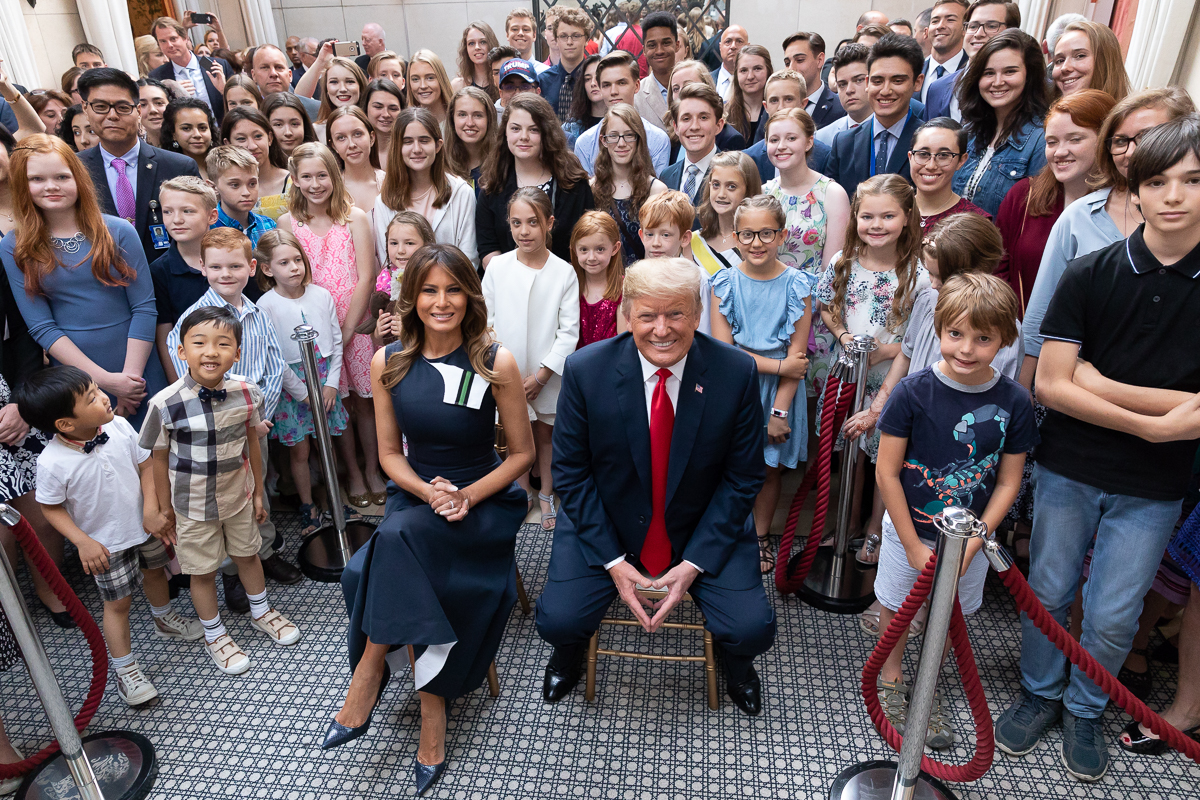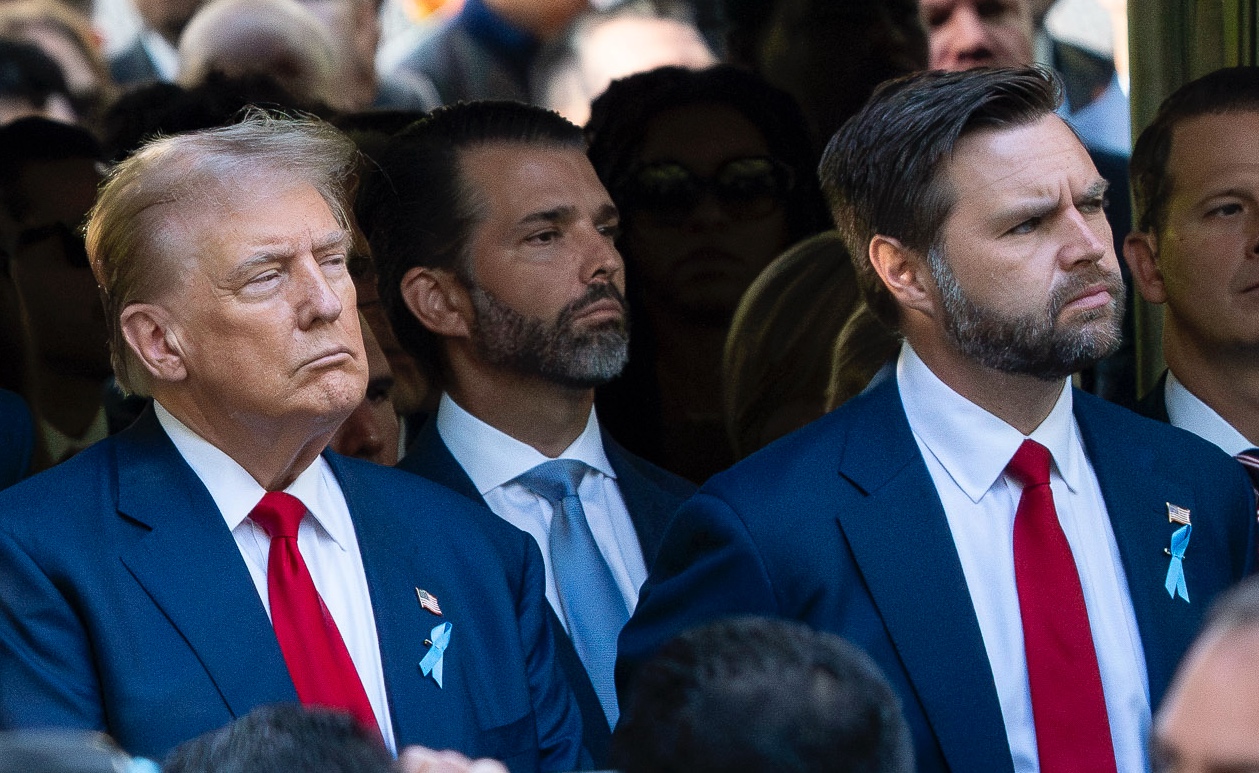New Delhi will have to contend with opportunities and challenges across a host of issues once Donald Trump is in the White House.
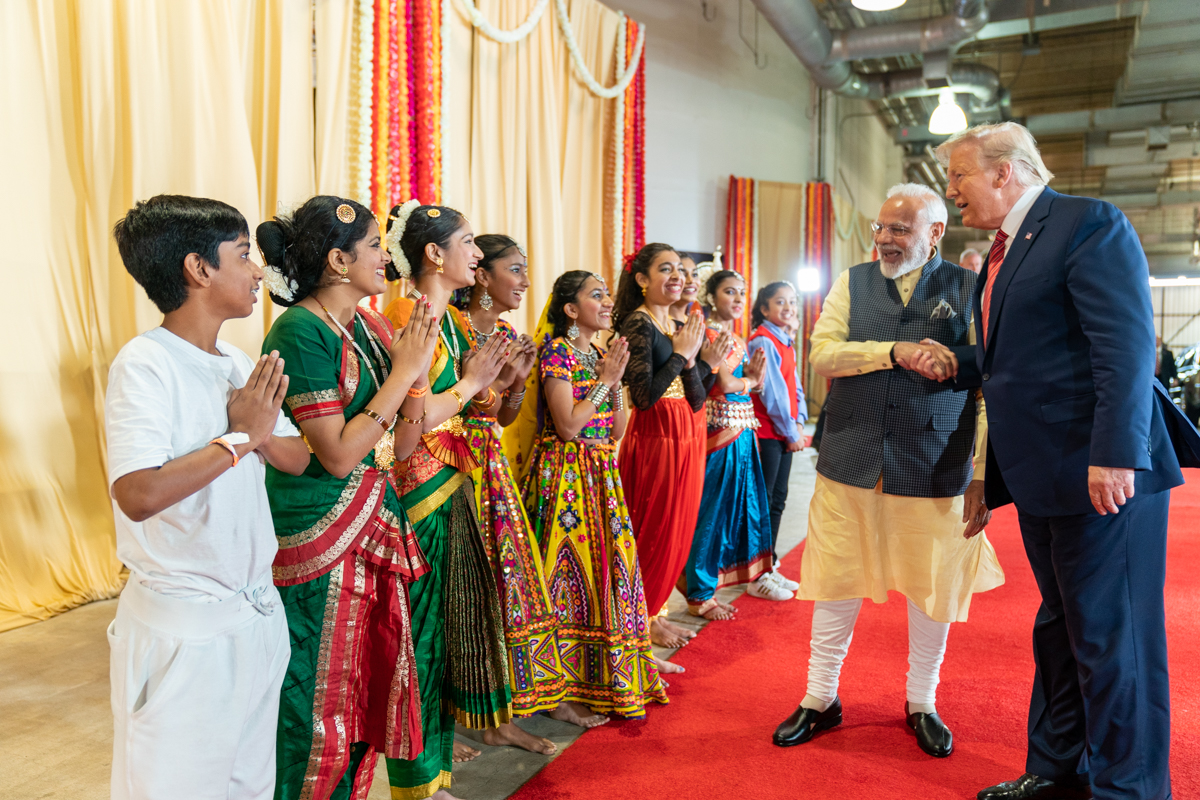 Donald Trump’s second stint as US president is perceived by the strategic community in New Delhi to be beneficial for India. : Trump White House Archived Flickr
Donald Trump’s second stint as US president is perceived by the strategic community in New Delhi to be beneficial for India. : Trump White House Archived Flickr
New Delhi will have to contend with opportunities and challenges across a host of issues once Donald Trump is in the White House.
There must have been a collective sigh of relief within India’s foreign relations establishment when Donald Trump took an unassailable lead over Kamala Harris in the presidential elections.
The implications of any new American presidency for the world are normally profound. But in a world characterised by strategic turbulence and two wars (between Russia and Ukraine and Israel and Hamas), the geopolitical implications of a Trump presidency will be analysed to death over the coming weeks.
Three questions are crucial. Is the world likely to be more or less peaceful as a result of Trump’s ascendancy? Will the US become more inward-looking or choose to be an interventionist? And will the US deal with China, its main strategic rival?
For India, the critical issue is how a Trump presidency will affect what has hitherto been routinely described as the most consequential strategic partnership of the 21st century.
Modi and Trump’s ‘connection’
In 2019, Prime Minister Narendra Modi was upbeat in Houston, Texas, where he told a crowd that his government had “connected well” with Trump. In the same breath, he foresaw a Trump re-election in 2020, which, of course, was not to be.
However, Trump 2.0 will pose both opportunities and challenges for US-India relations, especially across trade, immigration, military cooperation and diplomacy.
Even as public pronouncements by both the Joe Biden and Narendra Modi establishments waxed eloquent on this partnership, serious strains appeared over the fallout of the alleged assassination attempts on US-based Sikh activist Gurpatwant Singh Pannun and recent political developments in Bangladesh.
All eyes, certainly in New Delhi, will be on how the Trump presidency, which will assume office in January 2025, deal with these two thorny issues.
Advantage India?
Trump’s re-entry into the White House is actually perceived to be beneficial for India by New Delhi’s strategic community.
This is because India may feel there will be no undue emphasis on the Biden presidency’s insistence on values-based diplomacy and there will be broad strategic convergence on terrorism and Islamic fundamentalism.
Modi is also said to have close personal chemistry with Trump, which is no small factor.
Soon after it was clear that Trump would be America’s 47th president, Modi took to X, saying he was “looking forward” to strengthening India-US relations “across technology, defence, energy, space and several other sectors”.
But India will come under pressure on the trade and industrial policy fronts. Trump has always called India an abuser of trade rules and has sometimes even equated India and China on this score. So, India must be prepared for concessions in this regard.
America’s ties with China also impact its relationship with India. Inasmuch as the US sees India as a counterweight to China in Asia, any rapprochement initiated by Trump with China will impact the strategic options for India and vice versa.
The recent slight thaw in Sino-Indian ties may be seen against this backdrop, when this has already led to “scepticism” in Washington as a consequence of the settling of New Delhi-Beijing differences and military disengagement along the Line of Actual Control (LAC).
It is still unclear what this would mean for the US-led Quad and the Indo-Pacific that were originally aimed at countering China’s economic and military power.
The Biden administration was cautious with India’s deepening of ties with Russia, especially in the backdrop of the recent BRICS summit in Kazan where non-Western countries were keen to engage with Russia which remained strategically important as a supplier of military hardware and energy.
The Russia factor
The Russia-Ukraine war and US’ “decisive action” against 19 Indian companies for their alleged roles in “supporting Russia” in the conflict, by way of supplying “dual-use” equipment, has to some extent soured Washington-New Delhi relations.
However, much will depend on what considerations Trump will be prepared to make in the face of the Indian position that the “transactions and companies are not in violation” of domestic laws.
The most interesting thing to watch will be how Trump deals with China. Trump is unpredictable so he could either get tough with China at the risk of provoking the latter into retaliating or be the greatest dealmaker vis-à-vis Xi Jinping to prove to the world he is a statesman.
On its part, China is averse to unpredictability, so it cannot be too thrilled with a Trump victory. China, it is safe to say, will also think twice before making a military move on Taiwan, chiefly because it is impossible to predict how Trump will react in the circumstances.
As for the wars in Ukraine and Gaza, Trump is on the record saying he could end the Ukraine war “in a day”.
The European Union fears that this could play into the hands of Russian President Vladimir Putin, but Trump thinks he can get the better of Putin like no one else can. Either way, it may be time for a diplomatic solution in Ukraine.
On Gaza, Trump may be expected to lend support to Israel and thus Benjamin Netanyahu, but he is shrewd enough to understand that continuation of war is not in America’s interest. So, he may urge Netanyahu for a ceasefire deal and may probably enjoy more success than Biden did.
The future of India-US ties, during Trump’s second stint in the White House, will draw heavily from the bilateral relationship that was in place in his first presidency.
There are friction points – on immigration and trade – but much will depend on Trump’s “transactional bilateralism”. Besides, any “softening” of the US stand on Russia will likely benefit India on the diplomacy and geopolitics fronts if not on trade and related economic issues.
All things considered, with the Trump presidency there will never be a dull moment – either on the global stage or in US-India ties.
Professor Mohan Kumar is Dean, Strategic and International Initiatives, at the Jindal School of International Affairs, O.P. Jindal Global University, Sonipat, Haryana.
Originally published under Creative Commons by 360info™.


